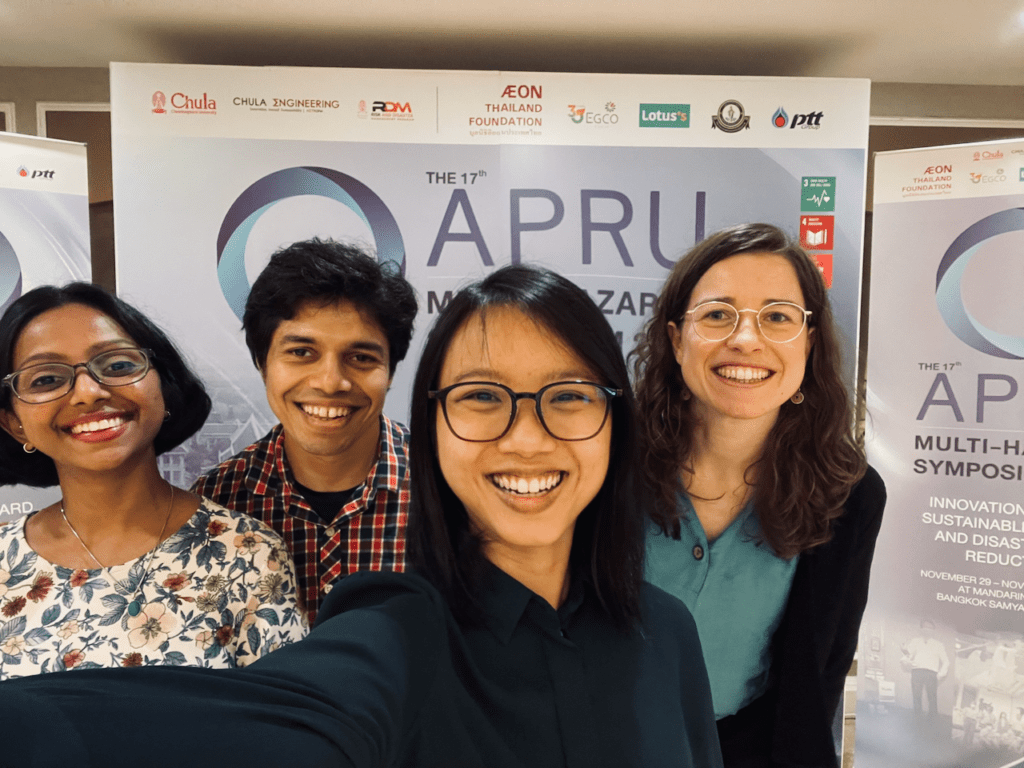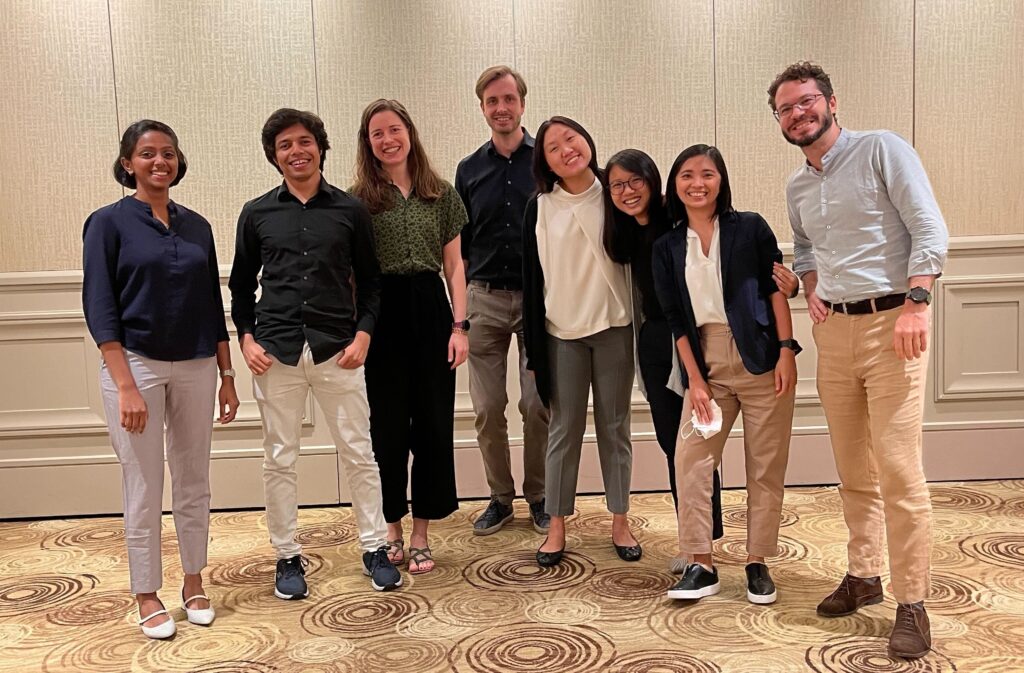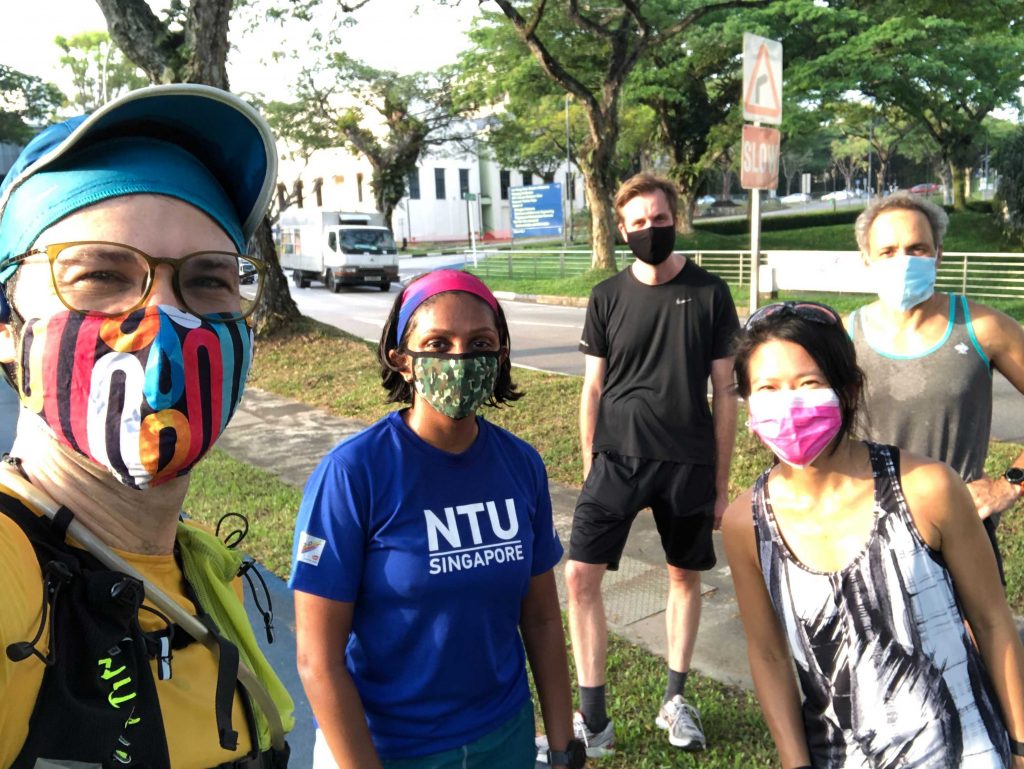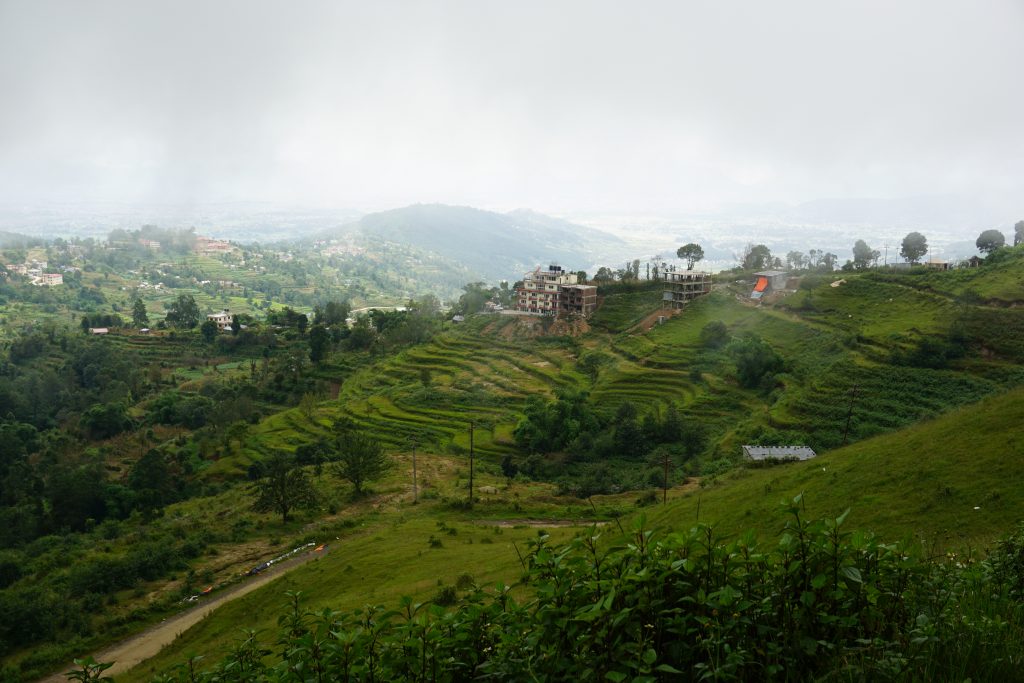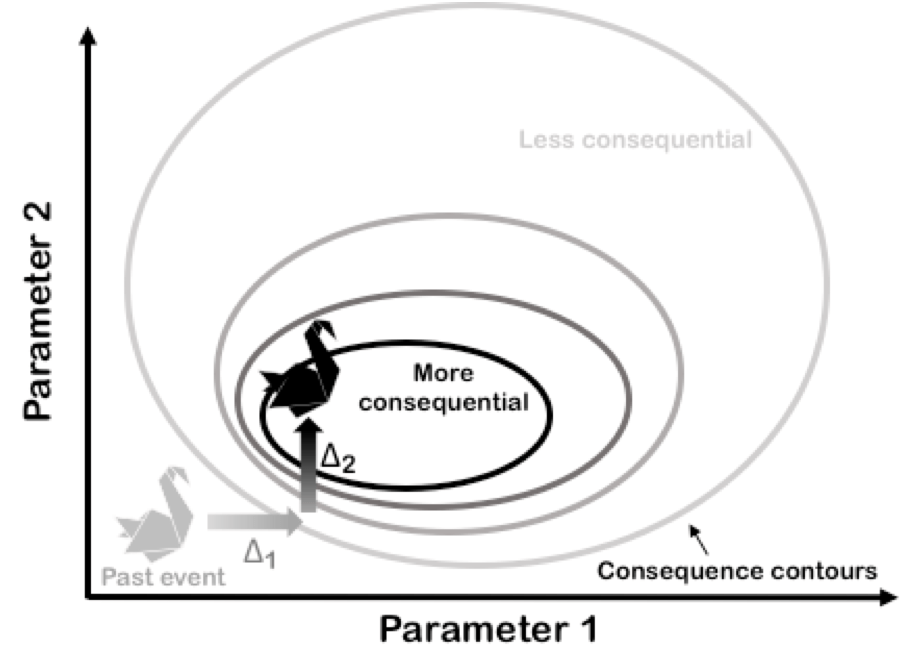Flow-Tub: a computationally efficient large-scale flood mapping model
Posted by Indraneel Kasmalkar With global climate change and sea level rise, we see more and more news of coastal storms and floods around the world. To understand the potential impacts of such events, cities and states are turning to flood risk analysis. The procedure is straightforward: overlay flood maps onto maps of the built…
Read more
